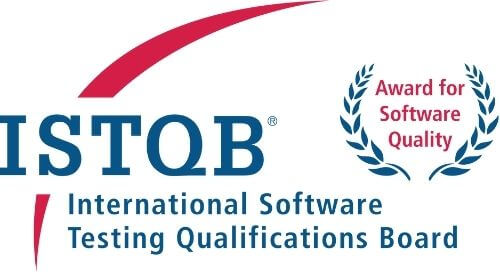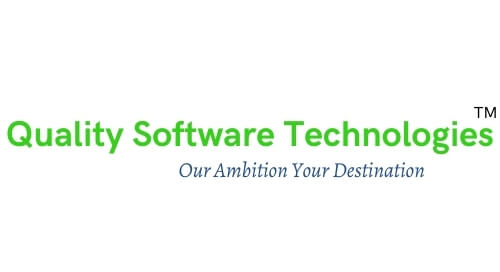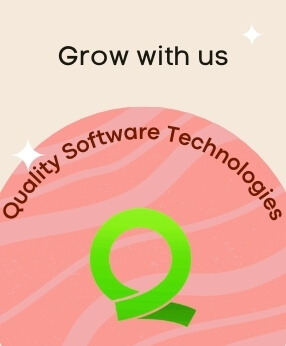ISTQB Examination Centre
- Home
- ISTQB Examination Centre


ISTQB International Certification Exam
Thane, Navi Mumbai & Mumbai
Quality Software Technologies as a Certified ISTQB (International Software Testing Qualification Board) Examination Centre In Association with Certview Technologies.
ISTQB Preparation Explanation on the full page:
International Software Testing Qualifications Board (ISTQB) certification is recognized all over the world. It certifies that the Candidate has expertise in Software Testing concepts. ISTQB Training prepares the candidates for the ISTQB certification.
For a testing professional, programmer, or manager, holding an ISTQB certificate demonstrates expertise in the best practices and key concepts of Software Testing.
ISTQB – Learning Advantages with Quality Software Technologies
- Online – Live Batches Available
- Industry Expert, Certified Corporate Trainers
- Weekdays-Weekend Batches available
- Training based on the updated syllabus
- FREE Notes & Sample Paper
- Demo Exam Facility
- Online (Exam-From Home) Facility
- Exam Date can choose as per your comfort
“ISTQB Certification helps bridge educational & industrial gaps.”
– Quality Software Technologies
We Provide ISTQB Training to all Software Testers*
The course consists of following Certificates
- Preparing for ISTQB Certifications
- Sample ISTQB Certification Question and Answer
- Mock ISTQB Certification Test
Fundamental Of Testing
- What is Software Testing
- Why is Software Testing
- Testing Principles
- Fundamental Test Process
- The Psychology of Testing
Testing throughout the Software Life Cycle
- Software Development Models
- Test Levels
- Test types: the target of Testing
- Maintenance Testing
Static Techniques
- Review and the test process
- Review Process
- Static analysis by tools
Tool support for Testing
- Effective use of Tools: Potential benefits and Risks
- Introducing a Tool into Organization
Test Design Techniques
- Test Organization, Test Strategy, Test Plan
- Adhoc testing, Estimates
- Test progress monitoring and control
- Identify Test cases and Designing test cases
- Category of Test Design Technique
- Specification-based or Black-box based Techniques
- Structured-based or White-box based Techniques
- Experience Based Technique
- Choosing a Test Techniques
Test Management
- Test Organization
- Test plan, estimates and strategies
- Test progress monitoring and control
- Configuration Management
- Risk and Testing Incident Management
ISTQB Certification Levels Available For:
Foundation level: This is aimed at people who want a basic understanding of the software testing process. For people who are already working in the testing field, this would be a practical knowledge implementation of the concepts that they already know. This is a per-requisite for many higher level exams and is usually recommended for people who at least have six months experience as a tester. The exam consists of 40 questions, which are of multiple choices with a pass percentage of 65.
Agile tester extension: This exam is intended to clear the concepts about agile methodologies and how testing varies as compared to a traditional approach. It is important for testers working in an agile environment to understand the concepts and work accordingly. This exam also consists of 40 multiple choice questions to be completed in an hour with a pass percentage of 65.
Advanced level: This is for people with experience as a software tester or for people who need to understand the nuances of testing such as a project manager. Completion of foundation certificate is a per-requisite for this exam. There are three levels of exam under this with 65% pass for each.
- Advanced Test Manager
- Advanced Test Analyst
- Advanced Technical Test Analyst.
Expert level: This takes the testers to next level by providing in-depth practical knowledge in a variety of testing subjects. This is the highest level of certificate that can be achieved by an individual and gaining this has proven to have increased the chances of an individual to grow in his career tremendously. It has two parts Improving the Test Process and Test Management.




